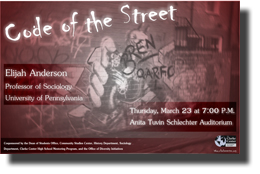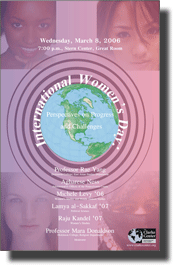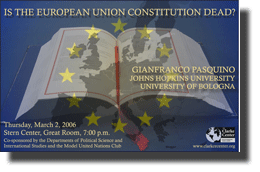From Wiseguys to Wise Men: Masculinities and the Italian American Gangster Figure
Thursday, November 2, 2006
From Wiseguys to Wise Men: Masculinities and the Italian American Gangster Figure
Stern Center, Great Room, 7:00 p.m.
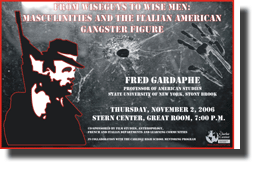
Issue in Context
What does one associate with an Italian-American: pasta, large families, nice clothes, masculine men, and the mafia? These are some of the common stereotypes Americans have had about Italians living in the United States since they began arriving in the late 19 th century. Violence, sexism, machismo, overt sexuality and an obsession with abundance have characterized the persona of the Italian-American gangsters of yesterday in films such as The Godfather or Goodfellas. Represented as highly physical, the images of Italian men have helped construct what it meant to be an American man. The “wiseguy†character expresses both the experience of Italian immigrants and native fantasies that reveal the culture of American race, gender, and ethnicity. The wiseguy figure can be interpreted as a “trickster†character long employed as a metaphor in American literature to serve as a model of improper behavior.
About the Speaker
Fred Gardaphe is the director of the American and Italian American Studies Program at the State University of New York at Stony Brook. He teaches courses in Italian American history and Read more

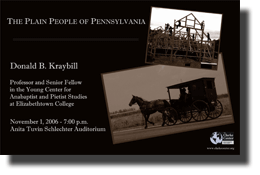

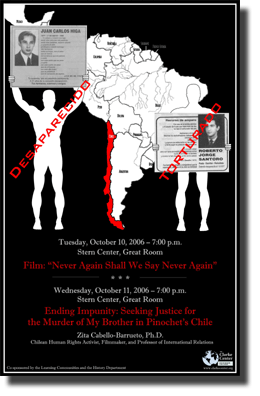

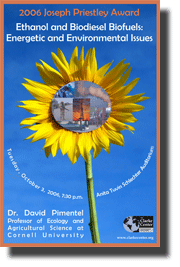

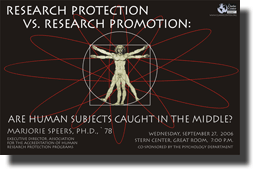
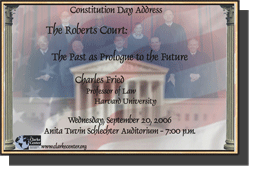
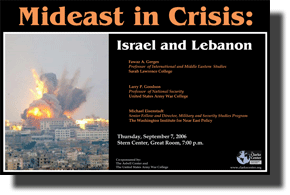

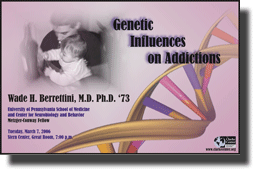 Issue in Context
Issue in Context 